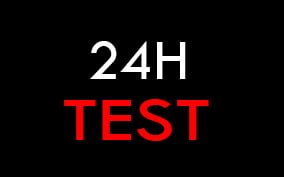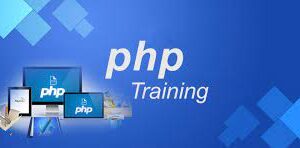Description
To become a Python developer, you’ll need to follow these general steps:
- Learn Python Basics: Start by learning the fundamentals of Python programming. This includes understanding variables, data types, loops, conditionals, and functions.
- Object-Oriented Programming (OOP): Python is an object-oriented language, so you should learn about classes, objects, and inheritance.
- Data Structures and Algorithms: Gain a strong understanding of data structures like lists, dictionaries, sets, and tuples, as well as algorithms and their complexities.
- Web Development (Optional): If you want to be a web developer, learn web frameworks like Django or Flask for backend development and HTML/CSS/JavaScript for frontend development.
- Database Management: Understand how to work with databases using libraries like SQLite or SQLAlchemy.
- Version Control: Learn how to use Git for version control. It’s a crucial skill for collaboration.
- Testing: Understand how to write and run tests to ensure your code is robust.
- Documentation: Writing clear and concise documentation is important for collaborative coding.
- Build Projects: Apply what you’ve learned by building small to large projects. This will help you gain practical experience.
- Networking and APIs (Optional): If you’re interested in web or network-related applications, learn how to work with APIs and network protocols.
- Deployment: Understand how to deploy your applications, whether on local servers or cloud platforms like AWS, Azure, or Heroku.
- Continuous Learning: Python is an evolving language. Stay updated with the latest developments and libraries.
As for a comprehensive Python development training program, there are many online resources and courses available. Here are a few popular options:
- Coursera: Python for Everybody specialization offered by the University of Michigan is a great choice for beginners.
- edX: MIT offers an Introduction to Computer Science and Programming Using Python course on edX.
- Udacity: They offer a Full Stack Web Developer Nanodegree program which covers Python extensively.
- Codecademy: Codecademy has a Python course that’s interactive and beginner-friendly.
- Books: You can also consider reading books like “Python Crash Course” by Eric Matthes or “Automate the Boring Stuff with Python” by Al Sweigart.
- YouTube and Blogs: There are many YouTube channels and blogs that provide free Python tutorials and resources.
- Coding Bootcamps: Consider enrolling in a coding bootcamp like General Assembly or Le Wagon if you prefer an immersive, intensive learning experience.
Remember that practice and real-world application are essential to becoming a proficient Python developer. Building your own projects and contributing to open-source projects can be valuable experiences. Additionally, networking with other developers and seeking mentorship can accelerate your learning process. Good luck on your journey to becoming a Python developer!






